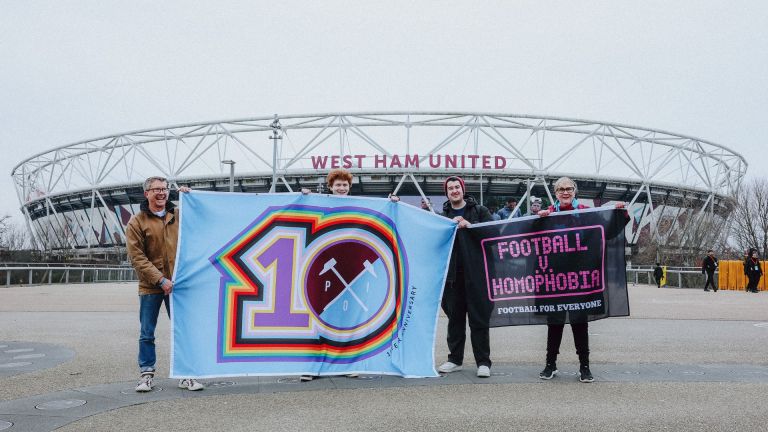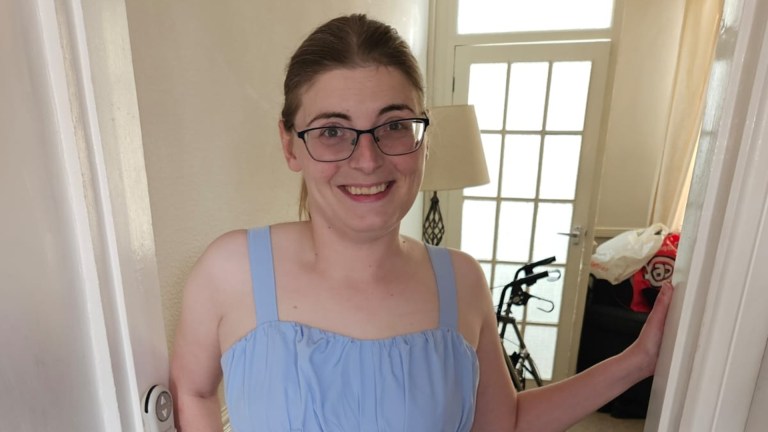Across her five years in care, Chloe lived in at least 18 different homes which ended with semi-independent accommodation – a place where she could legally receive support, but no care.
Chloe had lived in secure children’s homes on four separate occasions, she had been detained by the police under the Mental Health Act 1983 four times, and spent two short periods in a psychiatric intensive care unit. She was the subject of a care order, meaning her local authority had parental responsibility.
The safeguarding review states there were “differences of opinion about whether [the semi-independent unit] met her needs, and these concerns were the subject of active multi-agency debate and challenge”.
While it praises staff at the semi-independent unit for giving “her a home in spite of assaults on staff and extensive destruction of property”, it sums up: “The harsh reality is that there are few good options.”
Another description would be that, despite having the sixth richest economy in the world, our country’s collective humanity, wisdom and resources are not being used to meet the needs of children with profound levels of trauma and distress.
Change a Big Issue vendor’s life this Christmas by purchasing a Winter Support Kit. You’ll receive four copies of the magazine and create a brighter future for our vendors through Christmas and beyond.
Advertising helps fund Big Issue’s mission to end poverty
Also last week, the Department for Education published its overarching goal for England’s children’s care system: “Children in care and care leavers have stable, loving homes.” It’s what the Conservative Party’s general election manifesto promised four years ago.
A child feeling like they truly matter, being safe, respected and understood, and having their needs met as a matter of course; this is the brilliance of our care system. It is not an exaggeration to say that thousands of children flourish every day because of the love and security they receive in care. But, to adapt the words of Charles Dickens, we have the best of care and the worst of care. And no care at all.
Secondary legislation (made by ministers) and government guidance now permits Ofsted to endorse bedsits, flats, hostels, shared houses with adult strangers – and even boats, tents and caravans in exceptional circumstances – as homes for children in care aged 16 and 17.
The one thing these places all have in common is that they don’t provide care. This is not a hidden scandal waiting to be exposed – it is a carefully calibrated policy development premised on the notion that there are ‘some’ teenagers in care ready for independent living.
As I wrote in this magazine nearly three years ago, the education secretary who first authorised this policy recession, Gavin Williamson, said he could not “imagine a circumstance in which a child under the age of 16 should be placed in a setting that does not provide care”.
Homes without care were consequently banned for children in care aged 15 and under, and given official approval for those aged 16 and 17 through the development of standards and Ofsted registration.
Advertising helps fund Big Issue’s mission to end poverty
Latest official data shows that 41% of all children in care aged 16 and 17 are living in supported accommodation (the catch-all term for dwellings devoid of care) – up from 34% in 2020.
Instead of applying existing children’s homes standards and safeguards, developed and refined over decades, ministers chose to design a new regulatory framework for supported accommodation.
They also elected to make shared premises with adult strangers one of four official categories of supported accommodation, despite warnings from the former Children’s Commissioner for England that “16 and 17 year olds [are] frequently living alongside vulnerable young adults (usually up to 25 years) battling with their own difficulties, including those struggling with homelessness, mental ill health, addiction, or even transitioning from prison back into the community”.
Further, the new rules, in force since the end of October 2023, don’t require properties to be individually registered or inspected. The ban on corporal punishment in children’s homes, in force from 1990, has not even been carried over to supported accommodation. There is no requirement for staff to be permanently onsite, despite strong evidence that properties without adult protectors are often a magnet for adult gangs which abuse and exploit children.
The Times newspaper has revealed that 50 children in care aged 16 and 17 died in supported accommodation in the decade preceding the start of these regressive reforms. A child protection report we obtained following a legal challenge shows that almost half of the 89 children in care who died or suffered serious harm between 2018 and 2020 were aged 16 and 17. Yet ministers marched on with their plans.
As a young local authority social worker in the 1980s, I was accustomed to teenagers from care being put into their own flats, bed and breakfasts and halfway houses.
Advertising helps fund Big Issue’s mission to end poverty
There was always an element of regret and shame that the system expected highly vulnerable children to make their own way in the world when they had entered care precisely because they needed loving, protection and connection. There have been decades of research, inquiries and investigations which show the folly and callousness of withdrawing care from children years ahead of their peers who have not endured the same suffering and adversity.
Chloe’s safeguarding review states her “overriding desire was to live an ordinary life, in an ordinary home”. There is nothing ordinary about a care system that doesn’t provide care.
Carolyne Willow is the Founder Director of Article 39 children’s rights charity and a registered social worker










